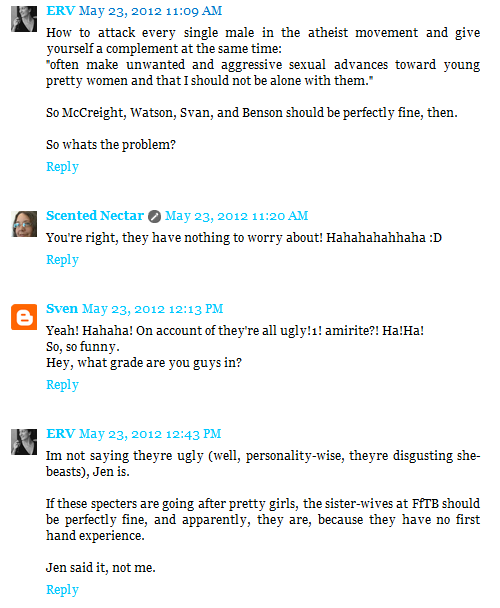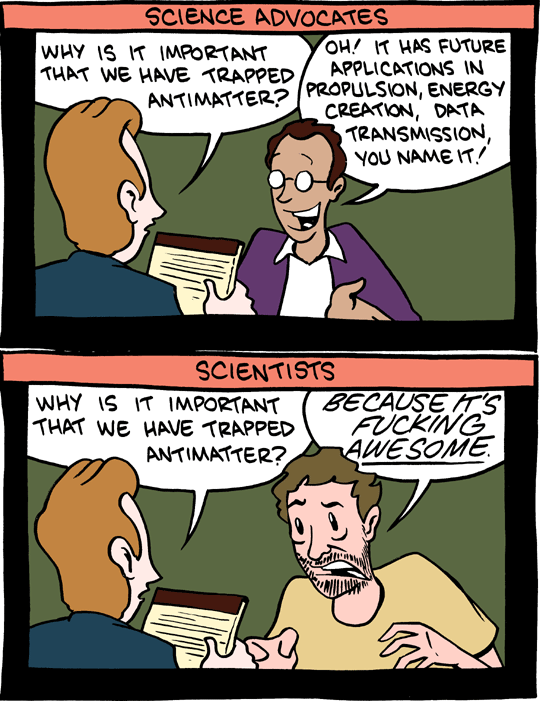I needed a kitten interlude from the recent internet stupidity, so here you go. She likes to look over my shoulder as I do my research.
“Another bar graph, really? Those colors? Hey, did you correct for multiple testing?”
Maybe I should just let her take my general exam.



